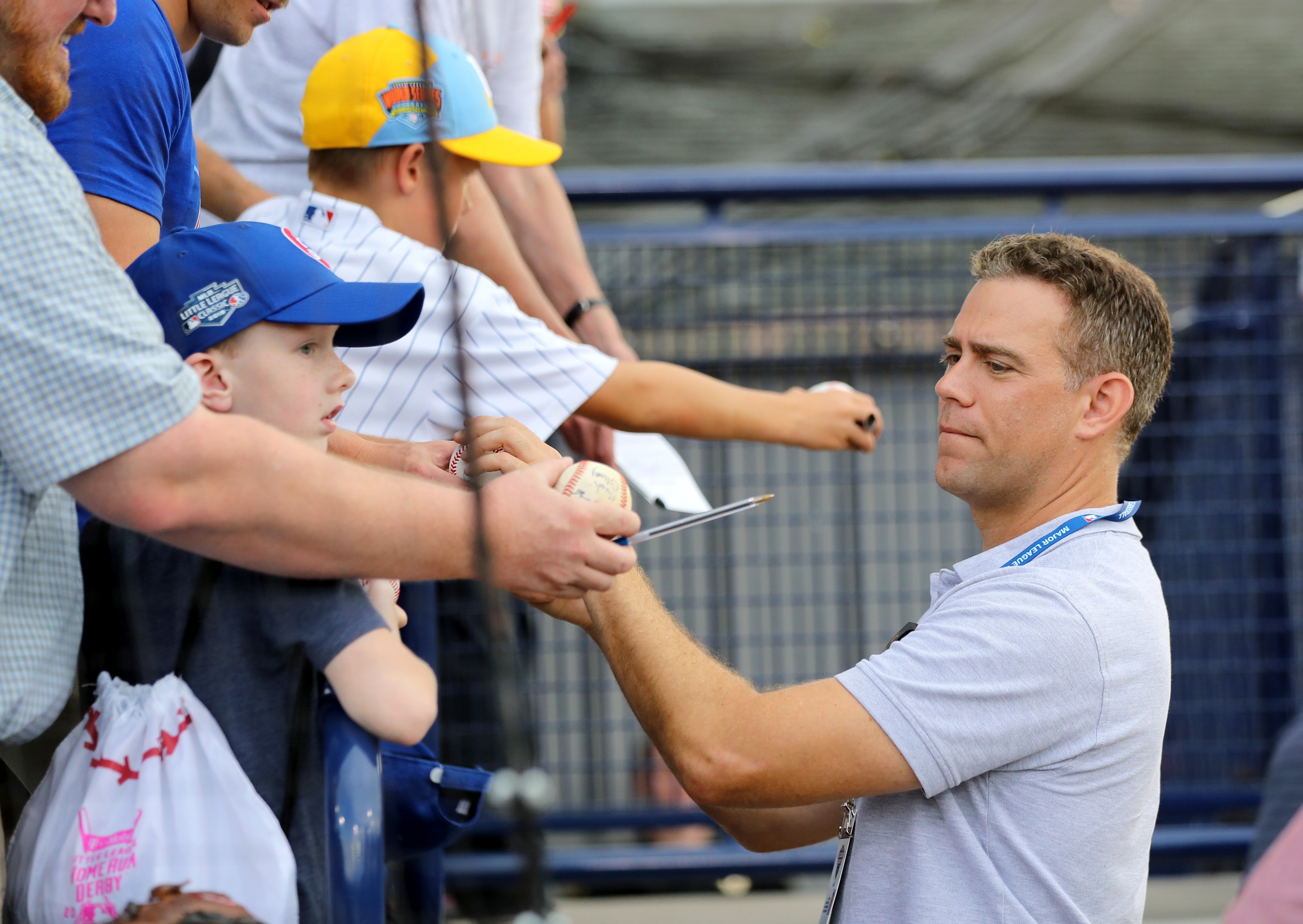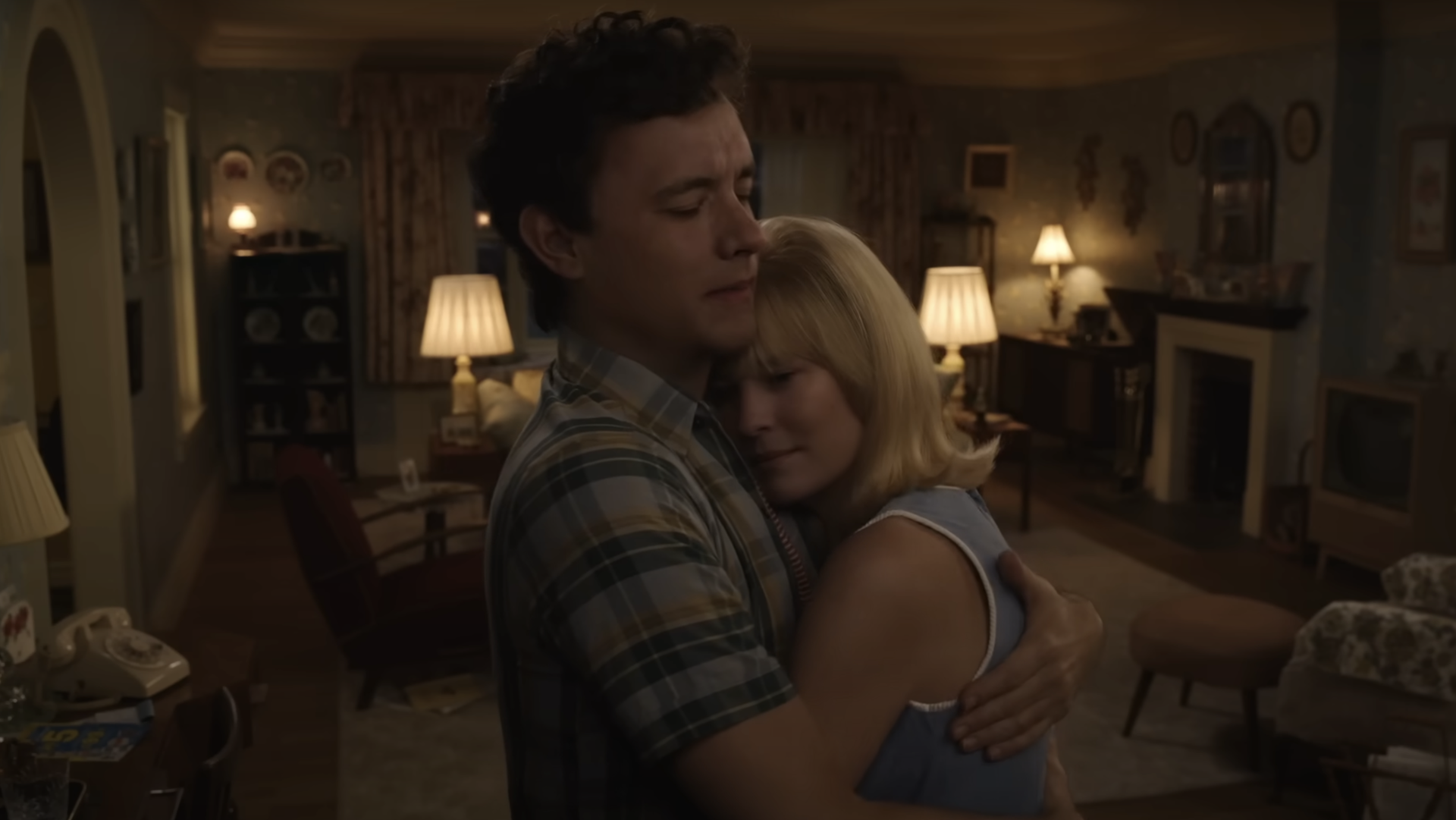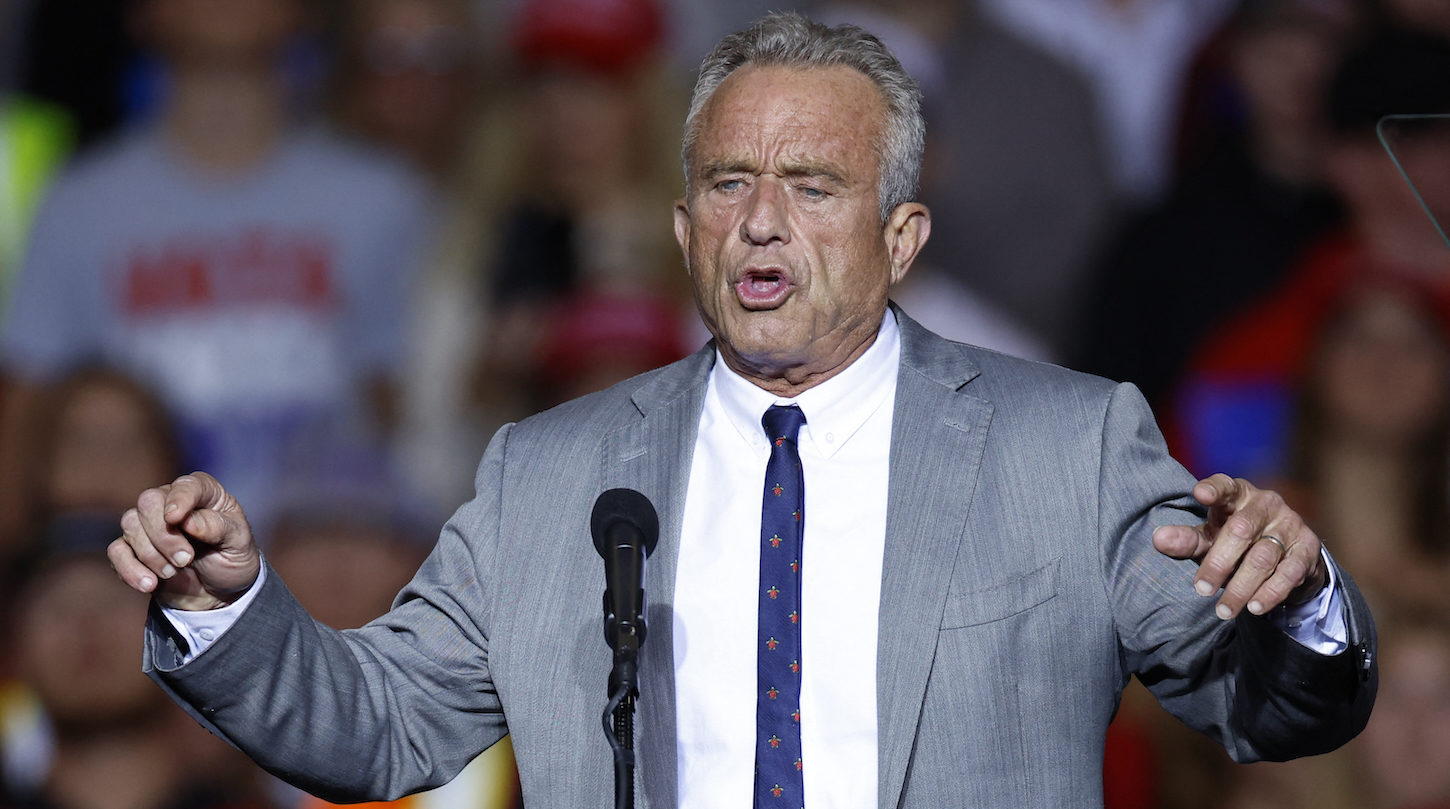Think back to the fall of 2016, when the Cubs won their first World Series in 108 years on the strength of the best young roster in the league, one assembled over the course of a long and arduous rebuild. Where would you have predicted that team would be four years later?
You would probably have been marked as a pessimist if you had envisioned something like what has actually happened: one NLCS exit, two failures to advance beyond the wild-card round, a third-place division finish, followed by the resignation of the architect of that championship roster amid rumblings that the team is looking to sell off some or all of that young core.
As an isolated incident, Epstein choosing to get out of Chicago isn't necessarily a sign of impending doom. He's been there since 2011, won the franchise-defining title he came to win, and there are likely other opportunities he may be interested in pursuing. But it's impossible to separate this bit of news from everything else that's been going on with the Cubs lately, which has amounted to a whole lot of increasingly frantic signaling that lean times are coming.
Since winning the World Series, it seems that Cubs chairman Tom Ricketts hasn't been able to open his mouth in public without groaning about the weight of the Cubs' payroll. He did it during this summer's labor dispute, which came just a few months after he all but admitted that the luxury tax now functions as a de facto salary cap for the team. This sort of persistent whimpering about how much it costs to field a competitive baseball team is embarrassing enough on its own, but becomes all the more concerning when the guy doing the whimpering is also hinting at a lot of potential roster turnover.
Back in February, Ricketts was asked if the Cubs were planning to spend the money necessary to keep both Kris Bryant and Javier Baez. He responded to that question by saying, “That’s in Theo’s camp. That’s his decision. We’d have to take a look at what it would all mean for us financially.”
Perhaps Epstein's sudden departure tells us all we need to know about how difficult, or even impossible, Ricketts was going to make it for him to answer that question. A general manager with fewer championships to his name and without infinite opportunities elsewhere may have stuck it out in Chicago, made the difficult roster moves ownership forced upon him, and done his best to shepherd the franchise through a cost-saving era of mediocrity. But Theo Epstein doesn't need to waste his time with that shit, and so he got the hell out of there. He'll be fine; the Cubs probably won't.





